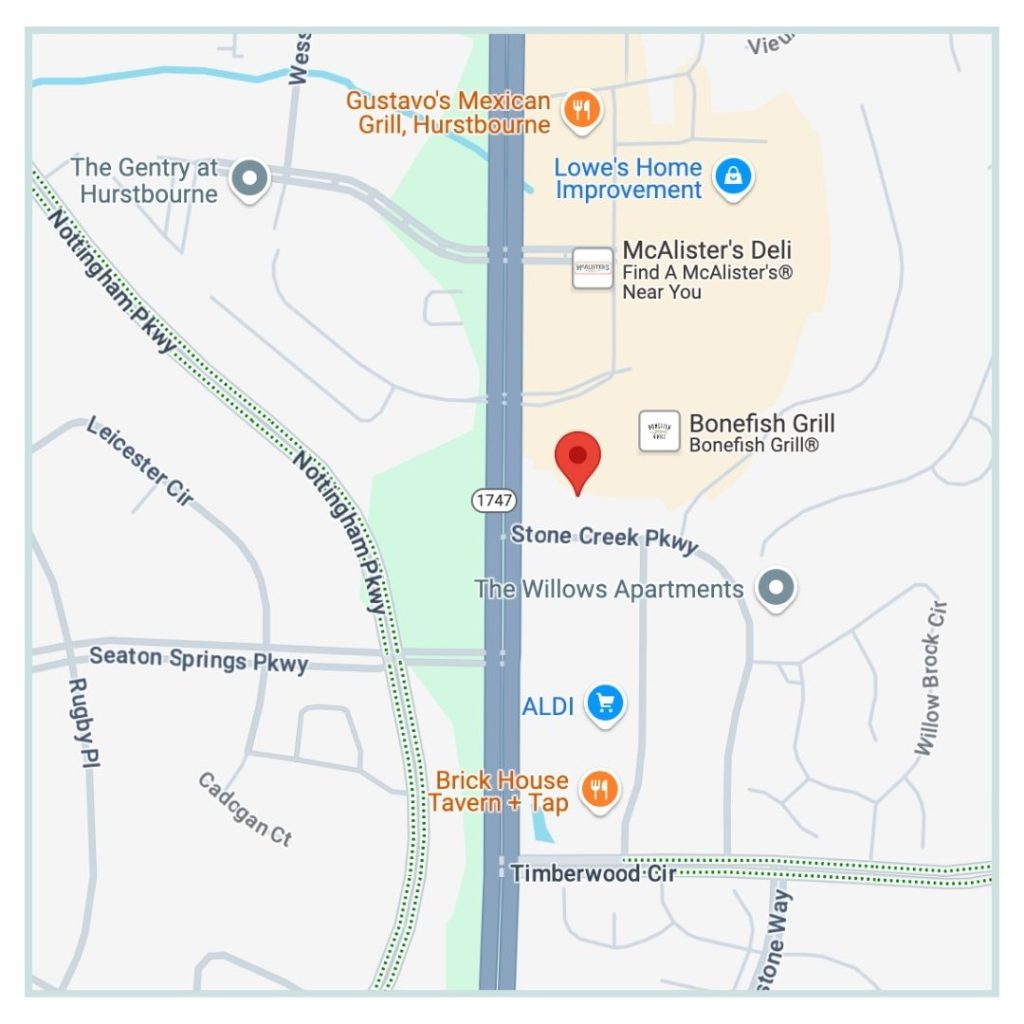Adults in the United States are often expected to do several basic tasks on a day-to-day basis. Preparing meals, taking showers, taking medications, maintaining the household, and managing finances are all things most of us do on a regular basis. Adults also have the freedom to make decisions relating to their finances, health, career, and lifestyle.
When a person gets older, they may not be able to do these things themselves the way they did when they were younger. In such cases, family members may petition the court to appoint a guardian to care for the elderly person and ensure that they are well taken care of.
Who can petition the court?
Generally, any adult in the elderly person’s life can petition the court to appoint a guardian. Spouses, friends, family members, or a governmental agency all have the right to start the guardianship process. The elderly person may also petition the court on their own behalf if they are able to do so.
What does a guardian do?
A guardian owes the elderly person a duty of care, in that they must always act in the best interests of the elderly person. Their responsibilities to the elderly person will depend on the elderly person’s specific needs, but may include:
- Preparing a budget and maintaining finances
- Making medical and end-of-life care decisions
- Maintaining the household
- Applying for governmental benefits
- Encouraging social connections and a healthy lifestyle
While a guardianship or conservatorship can be very beneficial to those who need it, the downside is that it can cost the elderly person their freedom. With a guardianship in place, the elderly person may feel restricted as they are no longer able to do what they think is best for themselves.
If a guardianship is not best for your loved one, there are other alternatives to consider, including a power of attorney or living trust. An elder law attorney can go over all of these options so you can pick the one best suited for your situation.



